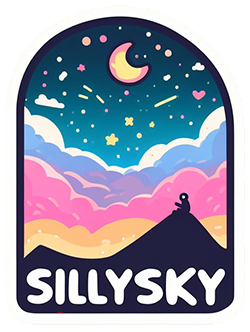CRecordGetApplicationListForUser
The
This message belongs to the application factory collector API.
The Application Collector Service is located in the plugin NY_ApplicationFactoryCollectorPlugIn.
{
"id": "25615f1c-5ada-4893-b551-8122f7def7f9",
"name": "GET_APPLICATION_LIST_FOR_USER ",
"isService": "false",
"namespaces": "",
"description": "Fetches a list of applications that the user is allowed to launch.",
"slots": [
{
"key": "1",
"name": "PLATFORM ",
"direction": "REQUEST",
"mandatory": "true",
"type": "STRING",
"description": "The platform on which the application is to run."
},
{
"key": "10",
"name": "APPLICATION_LIST ",
"direction": "ANSWER",
"mandatory": "false",
"type": "RECORD_ARRAY",
"description": "The application list (maybe empty)."
}
]
}
Arguments
The request also requires the
PLATTFORM : The UI platform for which the application was designed. TheSWINGandWEBplatforms are currently supported.APPLICATION_LIST : Response: The list of applications that the user is allowed to start and that match the given platform type.
Usage
Sending the message
Example of use (after generating of the class
private void getApplicationListForUser(final byte[]aToken ) throws CException {// The message is sent to the AppCollector microservice. final IId microserviceId = CIdFactory.fromObject("NY_ApplicationFactoryCollector"); final CEnvelope env = CEnvelope.forMicroService(microserviceId); env.setSessionToken(aToken ); final CRecord record =CRecordGetApplicationListForUser .create();CRecordGetApplicationListForUser .setPlatform(record,"WEB" "); sendRequest(env, record); }
Dealing with the response
The response message is handled by a message handler.
// in the constructor of your target addMessageHandler(CRecordGetApplicationListForUser .ID, this::asyncGetApplicationListForUser);
private boolean asyncGetApplicationListForUser(@NotNull final CEnvelope aEnvelope, @NotNull final CRecord aRecord) { if (aEnvelope.isAnswer()) { if (aEnvelope.getResultCode() == CResultCode.SUCCESS) { final CRecord[]applicationList =CRecordGetApplicationListForUser .getApplicationList(aRecord, null); if (applicationList != null) {// for each application record for (final CRecord app :applicationList ) { final UUID id = CRecordApplication.getId(app, null); final String name = CRecordApplication.getName(app, ""); final String shortDescription = CRecordApplication.getShortDescription(app, ""); final String longDescription = CRecordApplication.getLongDescription(app, ""); final CStringProperties properties = CRecordApplication.getProperties(app, null); final String[] permissions = CRecordApplication.getPermissions(app, null);// You can retrieve the image from the local file store by message, // which will load it from the global file store. final String icon = CRecordApplication.getIcon(app, "");// ... } } } else {// ... } return true; } else { return false; } }
